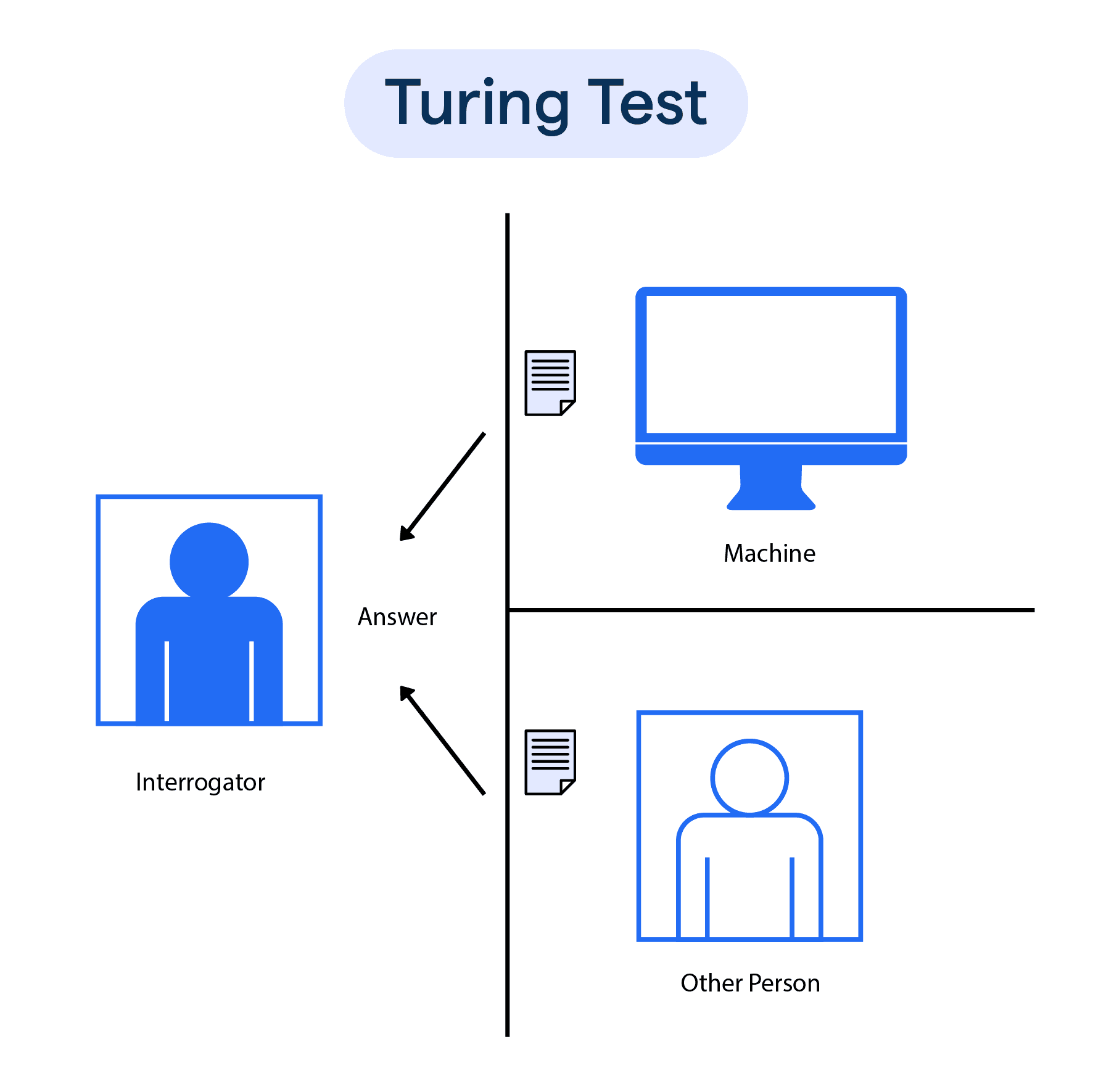Advancements in robotics technology are greatly influencing various industries. A major development is in artificial intelligence (AI) and machine learning, which help robots do complex tasks more independently and efficiently. These technologies enable robots to learn from their surroundings and adRead more
Advancements in robotics technology are greatly influencing various industries. A major development is in artificial intelligence (AI) and machine learning, which help robots do complex tasks more independently and efficiently. These technologies enable robots to learn from their surroundings and adapt to new situations, making them more versatile. As a result, robots are being used in manufacturing, healthcare, and logistics to work alongside humans or by themselves, improving productivity and safety.
Another key area of progress is human-robot interaction. Research here focuses on creating robots that can work well with people, understand and respond to human emotions, and adapt to different ways of communicating. This is important for robots in service roles like customer support and caregiving, as well as for teamwork in industrial settings. As robots become more common in society, it’s essential that they interact smoothly with humans to be widely accepted and used effectively.
These advancements are making robots more capable, flexible, and easy to use, shaping the future in significant ways.
See less

Emerging technologies like blockchain significantly enhance data security and privacy, providing attractive solutions for businesses. Key benefits include: 1. **Decentralization**: Blockchain distributes data across a network of nodes, eliminating a single point of failure and reducing the risk of dRead more
Emerging technologies like blockchain significantly enhance data security and privacy, providing attractive solutions for businesses. Key benefits include:
1. **Decentralization**: Blockchain distributes data across a network of nodes, eliminating a single point of failure and reducing the risk of data breaches.
2. **Immutable Records**: Once recorded, data on a blockchain cannot be altered or deleted, ensuring the integrity and authenticity of information.
3. **Enhanced Encryption**: Blockchain uses advanced cryptographic techniques to secure data, making it highly resistant to hacking and unauthorized access.
4. **Transparency and Traceability**: Every transaction is transparently recorded and traceable, allowing for complete accountability and easy auditing.
5. **Smart Contracts**: These self-executing contracts automatically enforce rules and agreements, reducing the need for intermediaries and enhancing trust.
6. **User Control**: Blockchain enables users to control their own data through decentralized identity management, enhancing privacy and reducing the reliance on centralized authorities.
By addressing critical concerns about data security and privacy, blockchain offers a robust framework for protecting sensitive information. Its ability to provide a secure, transparent, and tamper-proof environment makes it an attractive solution for businesses aiming to build trust and ensure the safety of their data.
See less